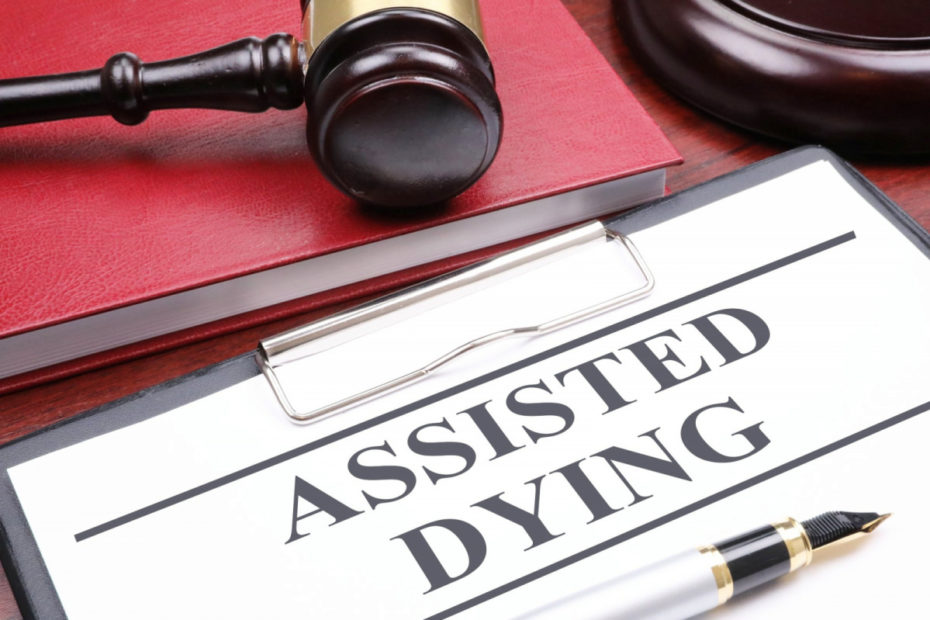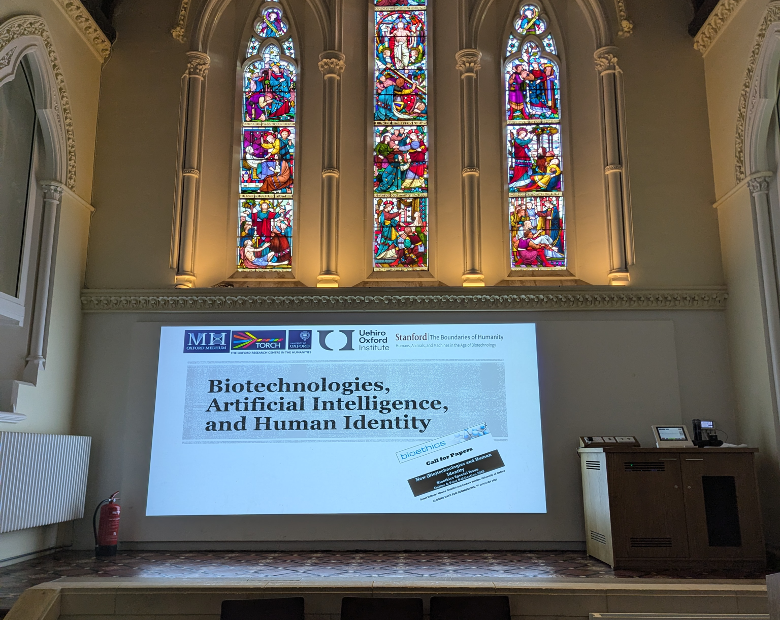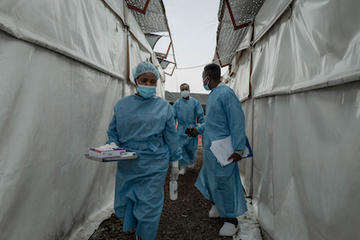Written by Alberto Giubilini
We might be forgiven for asking so frequently these days whether we should trust artificial intelligence. Too much has been written about the promises and perils of ChatGPT to escape the question. Upon reading both enthusiastic and concerned accounts of it, there seems to be very little the software cannot do. It can provide or fabricate a huge amount of information in the blink on an eye, reinterpret it and organize it into essays that seem written by humans, produce different forms of art (from figurative art to music, poetry, and so on) virtually indistinguishable from human-made art, and so much more.
It seems fair to ask how we can trust AI not to fabricate evidence, plagiarize, defame, serve anti-democratic political ends, violate privacy, and so on.
One possible answer is that we cannot. This could be true in two senses.
In a first sense, we cannot trust AI because it is not reliable. It gets things wrong too often, there is no way to figure out if it is wrong without doing ourselves the kind of research that the software was supposed to do for us, and it could be used in unethical ways. On this view, the right attitude towards AI is one of cautious distrust. What it does might well be impressive, but not reliable epistemically or ethically.
In a second sense, we cannot trust AI for the same reason why we cannot distrust it, either. Quite simply, trust (and distrust) is not the kind of attitude we can have towards tools. Unlike humans, tools are just means to our ends. They can be more or less reliable, but not more or less trustworthy. In order to trust, we need to have certain dispositions – or ‘reactive attitudes’, to use some philosophical jargon – that can only be appropriately directed at humans. According to Richard Holton’s account of ‘trust’, for instance, trust requires the readiness to feel betrayed by the individual you trust[1]. Or perhaps we can talk, less emphatically, of readiness to feel let down.
Read More »It is not about AI, it is about humans






